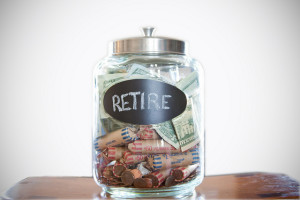Eligibility for Ch. 7 or Ch. 13 bankruptcy can turn on who is filing the bankruptcy, the type and amount of debt, the amount of income, and the amount of expenses.
Who is filing the bankruptcy:
Only a human being (or a human being and his or her spouse) can file a Chapter 13 case. Neither a partnership nor a corporation can file a Chapter 13 case, but it can file a Chapter 7, whether or not the business owner also files one individually.
The type and amount of debt:
If your debt is primarily consumer debt (a dollar amount of more than 50%), then you have to pass the means test to qualify for a Chapter 7. Under Chapter 7, there is no restriction on the amount of debt you can have in order to qualify. But, Chapter 13 is restricted to cases where the person filing has a maximum of $383,175 in total unsecured debt and $1,149,525 in total secured debt.
Amount of income:
If your income is no more than the median income for your family size and state, then you can easily pass the means test to qualify for a Ch. 7. Chapter 13 requires regular income, which the Bankruptcy Code defines as income that is “sufficiently stable and regular” to enable you to “make payments under a [Chapter 13] plan.” This makes sense because you will be making regular monthly payments for the duration of your Ch. 13 case. A Ch. 13 case will last three years if the income is less than the median income applicable to your family size and state; if the income is at the applicable median income amount or more, the Ch. 13 case will last five years.
The amount of expenses:
In Ch. 7, if your income is not below the median for your state, then you must complete a highly technical test involving some, but not necessarily all, of your expenses to see whether you pass the means test and thus whether you are eligible for a Ch. 7. In Ch. 13, a similar, but often more complicated, calculation largely determines the amount you must pay monthly into your plan to satisfy the requirements of Ch. 13.
Choosing between Ch. 7 and 13 can be simple. But there are at least a dozen major differences among them, differences of which you may not be aware. So when you come in to see me or another attorney, be clear about your goals but also be open-minded about how to reach them. You may well have tools available that you didn’t know about.
For bankruptcy in Northern New Jersey, call: (201) 676-0722 or schedule a consultation at my Setmore page.

